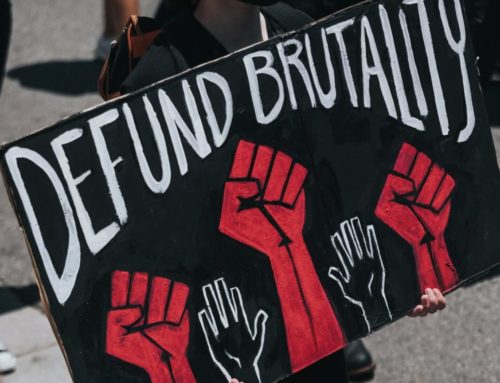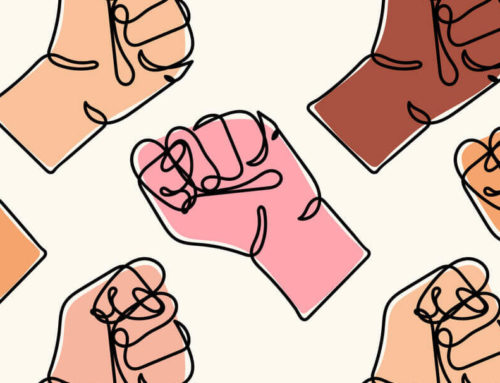Our cynicism will not build a movement. Collaboration will.
January 26, 2017
By Alicia Garza
I’ve been grappling with how to challenge cynicism in a moment that requires all of us to show up differently.
On Saturday, I joined more than a million women in Washington, D.C., to register my opposition to the new regime. Participating in the Women’s March — if you count satellite protests around the country, the largest one-day mobilization in the history of the United States — was both symbolic and challenging.
Like many other black women, I was conflicted about participating. That a group of white women had drawn clear inspiration from the 1963 March on Washington for Jobs and Freedom, yet failed to acknowledge the historical precedent, rubbed me the wrong way. Here they go again, I thought, adopting the work of black people while erasing us.
I’d had enough before it even began. 53% of white women who voted in the 2016 presidential election did so for a man who aims to move society backward. Were white women now having buyer’s remorse? Where were all of these white people while our people are being killed in the streets, jobless, homeless, over incarcerated, under educated? Are you committed to freedom for everyone, or just yourselves?
For weeks, I sat on the sidelines. I saw debates on list-serves about whether or not to attend the march, the shade on social media directed at the “white women’s march.” Unconvinced that white women would ever fight for the rights of all of us, many decided to sit the march out.
Yet as time went on and the reality of the incoming Donald Trump administration sank in, something began to gnaw at me. Do I believe that a mass movement is necessary to transform power in this country? Do I believe that this mass movement must be multi-racial and multi-class? Do I believe that to build that mass movement, organizing beyond the choir is necessary? If I believe all of these things, how do we get there and what’s my role in making it happen?
I decided to challenge myself to be a part of something that isn’t perfect, that doesn’t articulate my values the way that I do and still show up, clear in my commitment, open and vulnerable to people who are new in their activism. I can be critical of white women and, at the same time, seek out and join with women, white and of color, who are awakening to the fact that all lives do not, in fact, matter, without compromising my dignity, my safety and radical politics.
In the end, I joined an estimated 1 million people who participated in the Washington, D.C. march and the estimated 3 million who marched around the world. I have participated in hundreds of demonstrations, but this was one of the first times where I didn’t know or know of most of the people there.
Sandwiched between other protesters like a sardine in a can, I spoke with demonstrators in the crowd who said this was their first time participating in a mass mobilization. I saw people for whom this wasn’t their first time at a demonstration, but who thought that the days of protesting for our rights was over. I asked them what brought them there. They said they wanted to stand up for all of us. They realized that they, too, were under attack. They wanted to live in a world where everyone was valued, safe and taken care of. They were in awe of just how many people were there, just like them, to oppose the values of President Donald Trump’s administration. They wanted to do something besides feel hopeless.
To read more of the original article, go to Identities.Mic.com.


